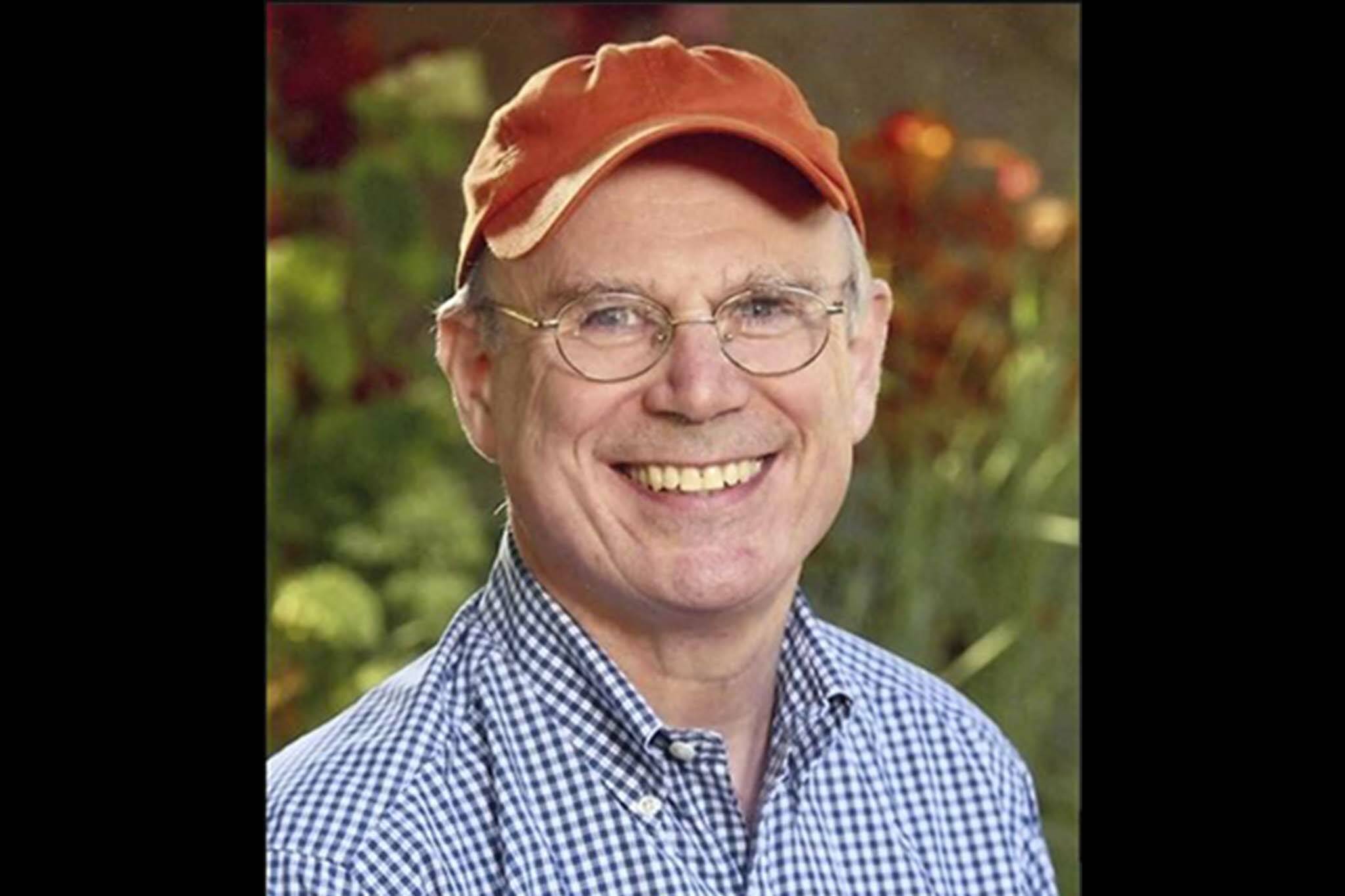Every generation has extraordinary citizens, who dedicate their time to doing their very best to preserve, protect and better their communities. The Snoqualmie Valley has just lost one of these essential people.
Gardiner Vinnedge spent his life teaching and preserving history, but far beyond that, he immersed himself and his many talents, in building a better place in the Snoqualmie Valley for his and future generations.
He was 72.
Vinnedge was first and foremost a teacher. Whether he was lecturing about modern Russia, civics, or wetlands, he combined a depth of knowledge with a tremendous ability to tell a story. He made history come alive as he coaxed his students to grow as critical thinkers, writers, and speakers.
In one of his experiential classes, his students gathered signatures for Initiative 99 and testified in Olympia which helped create a Presidential primary in Washington. Before Seattle had home recycling, Vinnedge initiated school paper drives and set up a used book store.
Among his favorite activities was acting as a docent for the Snoqualmie Valley Museum, where he continued his love of teaching by sharing Valley stories and finding something of interest for all visitors.
When most guests arrive at the Snoqualmie Valley Museum on the weekends they have been greeted by Vinnedge . After retiring in 2017, he became the museum’s regular weekend docent. It didn’t matter if this was your first time to the Valley or had lived here for decades, you would walk away learning something new from Vinnedge with each conversation.
Born Feb. 12, 1951 in Denver, Vinnedge spent his early years in North Bend and the Good News Bay mining camp in Alaska. He received a history degree from Colorado College, and a masters in Modern American and Medieval History from UC Santa Barbara.
He began his teaching career in Portland in 1974. In 1977, he started at The Bush School in Seattle, teaching there until he retired in 2017.
Vinnedge was committed to preserving the history of the Snoqualmie Valley through various projects and writing the histories of many of his own ancestors – who first came to the Valley in 1883. His paternal grandfather, Robert Vinnedge, was co-owner of the North Bend Timber Company that owned the mill town of Edgewick.
Vinnedge was honored by the City of North Bend with its Citizen of the Year award in 2013. Gloria McNeely and Cristy Lake spoke for the museum at this occasion:
McNeely noted, “He’s such a special individual… so bright, so smart, and he has such wonderful ideas.”
Lake added, “He is an amazing man; articulate and thought-provoking – I learn something new from him every time we speak…… He is modest, brilliant, dedicated, community minded, and a treasure to our Valley.”
Dave Battey, a Valley historian, remembers his first serious involvement with Vinnedge on a local history project. Battey was a co-chair of the Upper Snoqualmie Valley Centennial Commission, created by the North Bend and Snoqualmie mayors to gather the history and coordinate the celebrations of the centennials of both cities in 1989.
As they began their planning Vinnedge was a major influence, driving all the way out from his home in Seattle to lend his history, teaching and overall event coordinator knowledge.
One of his personal projects was researching Snoqualmie Valley Record newspapers on microfilm. He used most of the donations left over after the commission disbanded, to purchase all known microfilm of the paper and worked with the North Bend library to house the film rolls and purchase an expensive microfilm reader. Later, Vinnedge spent many months printing out Valley Record obituaries from the microfilms, building 3-ring binders and computerizing an index.
Vinnedge moved his family back to the Valley in 1990 and began his career with the Snoqualmie Valley Historical Museum, where he served terms as president and – for many years – as treasurer.
In August of 2006, Vinnedge quietly announced he had computerized an index of the six big museum scrapbooks. He also indexed Snoqualmie Valley obituaries from 1918 until 1952 and was continuing to work on future years.
Though Vinnedge was regularly participating in the operational side of the museum, some of his most lasting contributions were in governance. In the background, he quietly worked to encourage a vision for the future of the museum, one where we one day would have a larger space and share our important heritage with all. He had strong feelings about what that future should be, but felt it was most important that everyone come to the same conclusion he had on their own.
Vinnedge was critical to the formation of the Si View Park District and was a volunteer for the Meadowbrook Farm Preservation Association Board for six years. During that time Meadowbrook and Si View partnered to create a mutually beneficial relationship where Si View performed the critical scheduling of the farm’s 460 acres and Interpretive Center.
For many years, Vinnedge had older Bush School students work – for credit – on Meadowbrook farm for a week. His students created a curriculum that they used to teach Snoqualmie Elementary students about the history and uses of Meadowbrook Farm.
Vinnedge co-chaired the bond issue purchase of Tollgate Farm to preserve it as open space. Other affiliations include: the Association of King County Historical Organizations, Washington Museum Association and Association of American Historians. Beginning in 1996, Vinnedge was also involved in the North Bend King County Landmarks Commission.
In addition to all of his civic commitments, Vinnedge enjoyed spending time working in his extensive garden and trying to reason with the deer that enjoyed eating his plants. His knowledge of native and introduced flora was extensive.
Vinnedge is survived by his wife of 42 years, Janice Osaka. The family has request that in lieu of flowers, consider a donation to the Snoqualmie Valley Historical Museum (PO Box 179, North Bend, WA 98045).


